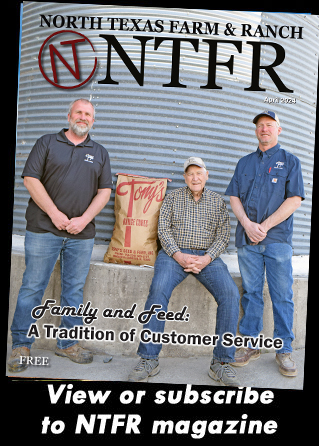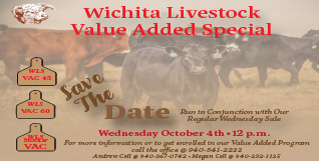Farm & Ranch
[AgriLife Today] Watershed courses June 13-14 will spotlight stakeholder engagement in Dallas
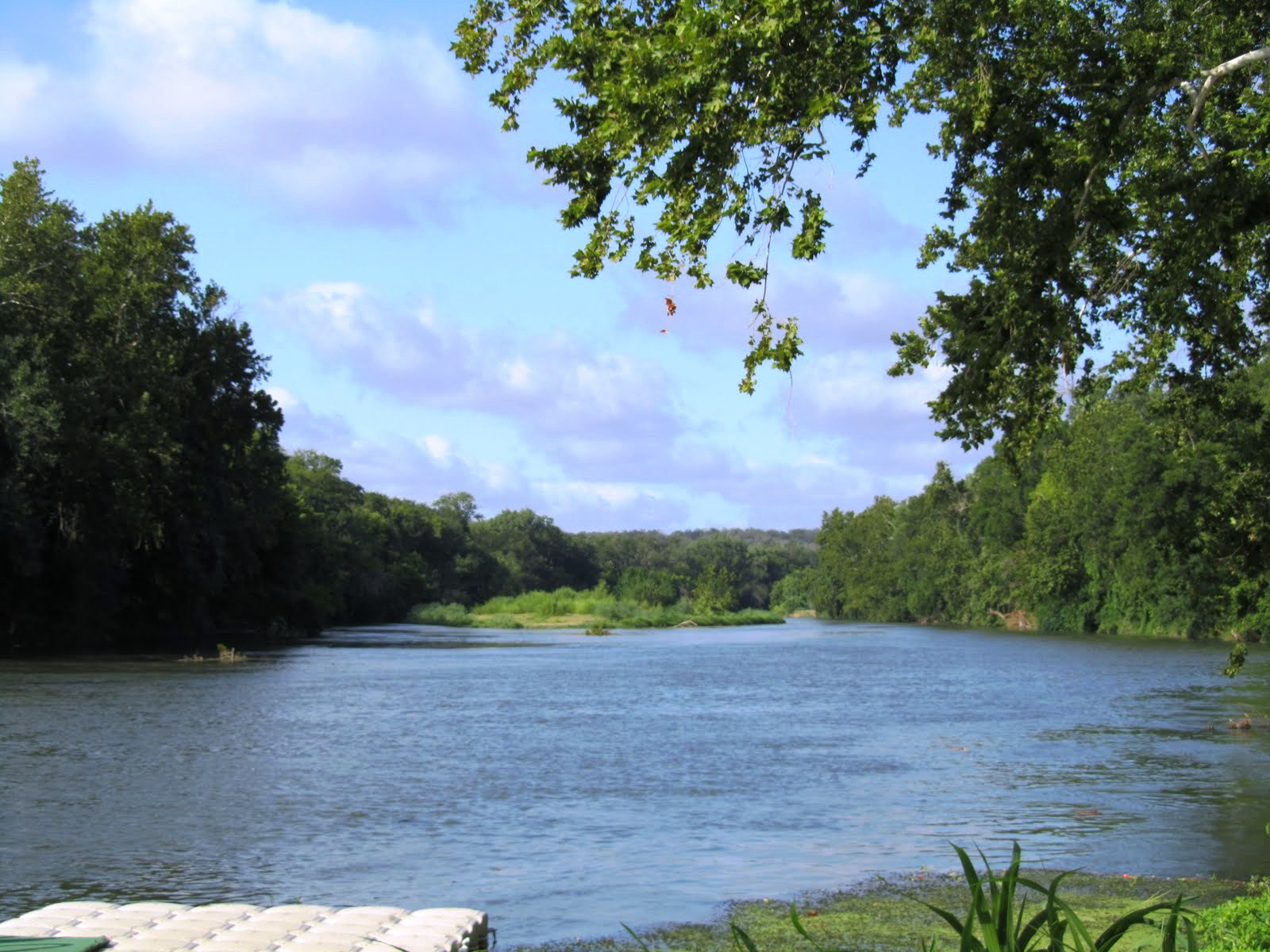
By: Paul Schattenberg
By: Paul Schattenberg, 210-859-5752, [email protected]
Contact: Nikki Dictson, 979-458-5915, [email protected]
DALLAS – The Texas Watershed Planning Program of the Texas Water Resources Institute and Texas A&M AgriLife Research are co-hosting a two-course series on watershed stakeholder engagement for water and natural resources professionals June 13-14 in Dallas.
“Getting in Step – Top 10 Outreach Tips that Won’t Break the Bank,” will be from 9 a.m.-4 p.m. June 13 at the Texas A&M AgriLife Research and Extension Center, 17360 Coit Road.
The second course, “Stakeholder Facilitation: Working with Stakeholders to Move the Process Forward,” will be from 9 a.m.-4 p.m. June 14 at the same location.
Registration for each course is $75 or $130 for both.
Nikki Dictson, Texas A&M AgriLife Extension Service program specialist and manager of the institute’s watershed program in College Station, said this two-course series begins with directions on how to develop an outreach campaign to engage stakeholders, followed by instruction on how to facilitate and keep stakeholders engaged throughout the process.
“These courses are for any natural resource or water professional who is working on outreach or with partners and stakeholders to facilitate a planning process,” she said.
Charlie MacPherson of Tetra Tech, an environmental engineering and consulting firm based in Pasadena, California, is the instructor for both courses. Dictson said MacPherson helped develop the Getting in Step outreach series and guidebooks for the U.S. Environmental Protection Agency.
“Stakeholder engagement is more than just holding a public hearing or seeking public comment on a new regulation,” MacPherson said. “Effective stakeholder engagement provides a method for identifying public concerns and values, developing consensus among affected parties, and producing efficient and effective solutions through an open, inclusive process.”
Dictson said the Getting in Step course will highlight practical tips and tools used to effectively engage and involve stakeholders throughout a watershed area.
She said the stakeholder facilitation course will address determining who needs to be involved, making meetings count, diffusing conflict, making decisions using a consensus-based approach and sustaining the stakeholder group.
“Outreach is a powerful tool to get stakeholders involved early in the watershed planning process, promoting behavior change and enhancing the implementation of your programs,” Dictson said.
Dictson said the watershed planning program is able to offer these courses thanks to funding through a Clean Water Act nonpoint grant provided by the Texas State Soil and Water Conservation Board and the U.S. Environmental Protection Agency.
For more information or to register for the courses, visit http://watershedplanning.tamu.edu/training/.
The institute is part of AgriLife Research, AgriLife Extension and the College of Agriculture and Life Sciences at Texas A&M University.
-30-
LikeTweet
Find more stories, photos, videos and audio at http://today.agrilife.org
Farm & Ranch
Ag Elsewhere: Wyoming
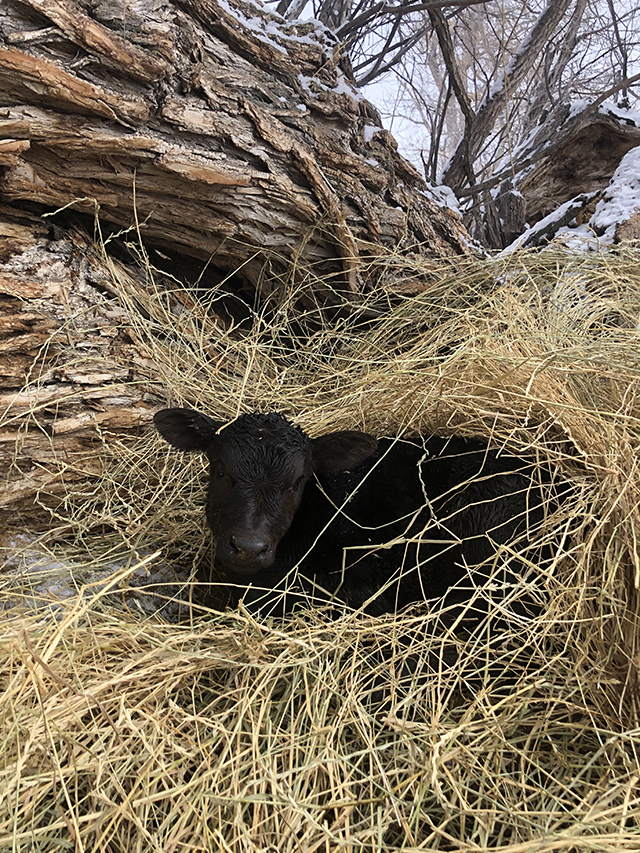
By Tressa Lawrence
Babies are tucked away in every nook and cranny. Many ranchers across Wyoming have baby animals popping up all over this time of year.
Farm & Ranch
Ag Elsewhere: Montana
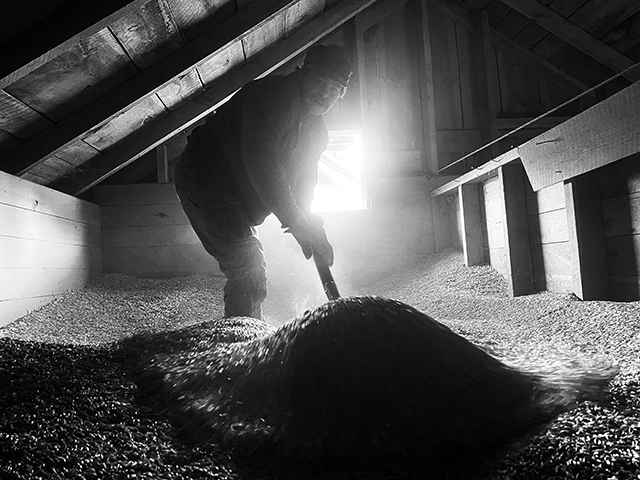
By Lindsey Monk
Another load of grain in to keep feeding the calves until the green grass can really start popping.
Farm & Ranch
Meanwhile, Back at the Ranch….
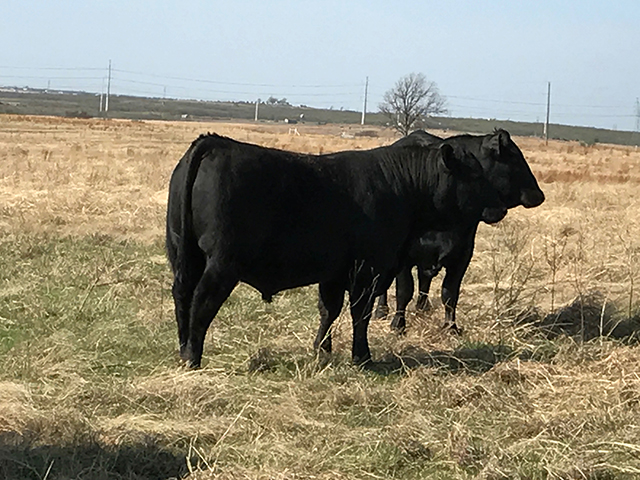
By Rayford Pullen | [email protected]
Spring has sprung and hopefully the rains will continue where our country will heal from the previous droughts and our grasses will thrive. We are especially hopeful for the Panhandle of Texas where our neighbors and friends have been dealt a deadly blow to homes, ranges, livestock, and people. Keep them in your prayers as they will not be able to return to normal for many years if at all. Having lost their ability to benefit from this great cattle market is a double whammy for all of them.
Now is the time of year when we need to take care of business as it relates to our new calves that have been hitting the ground this spring. First and foremost is vaccinating for Blackleg followed by deworming with a white wormer and the IBR complex. Blackleg is a soil-born disease and with pastures extremely short this spring our calves have been grazing the green grass as soon as it shows itself, making them even more vulnerable to picking contaminates from the soil.
To read more, pick up a copy of the April issue of NTFR magazine. To subscribe by mail, call 940-872-5922.
-

 Country Lifestyles1 year ago
Country Lifestyles1 year agoScott & Stacey Schumacher: A Growth Mindset
-

 Equine7 months ago
Equine7 months agoThe Will to Win
-

 Country Lifestyles7 years ago
Country Lifestyles7 years agoStyle Your Profile – What your style cowboy hat says about you and new trends in 2017
-

 Country Lifestyles4 years ago
Country Lifestyles4 years agoAmber Crawford, Breakaway Roper
-

 HOME7 years ago
HOME7 years agoGrazing North Texas – Wilman Lovegrass
-

 Country Lifestyles7 years ago
Country Lifestyles7 years agoDecember 2016 Profile, Rusty Riddle – The Riddle Way
-

 Country Lifestyles8 years ago
Country Lifestyles8 years agoJune 2016 Profile – The man behind the mic: Bob Tallman
-

 Country Lifestyles8 years ago
Country Lifestyles8 years agoCowboy Culture with Clay Reid – Being a Man

